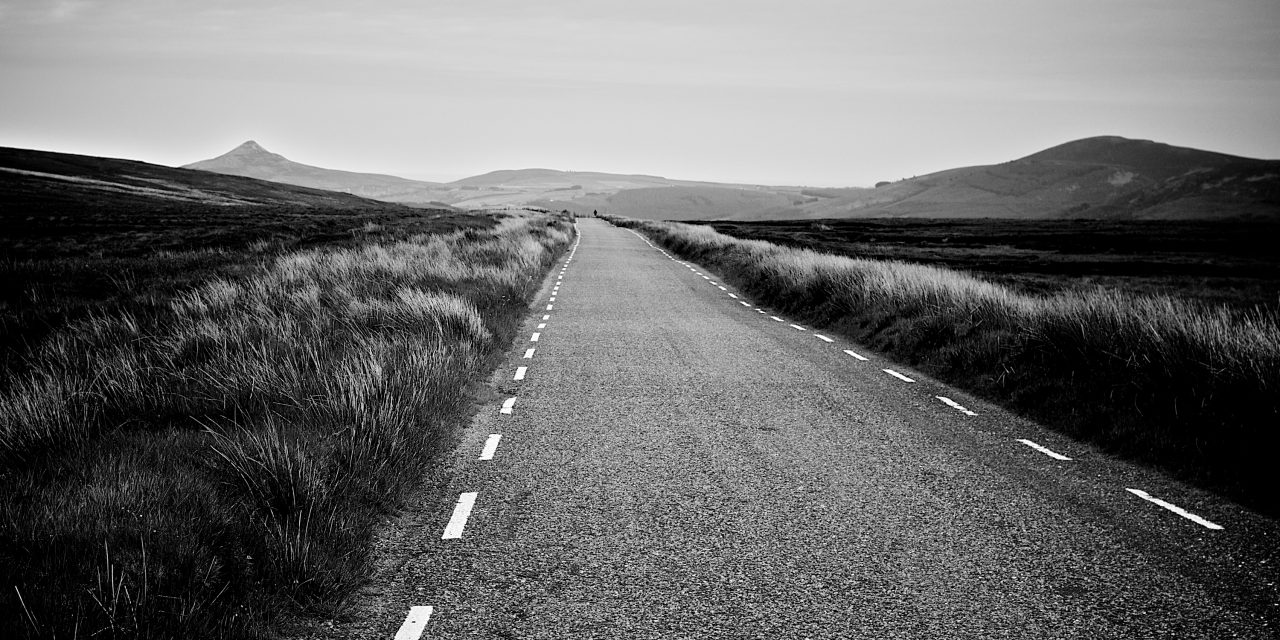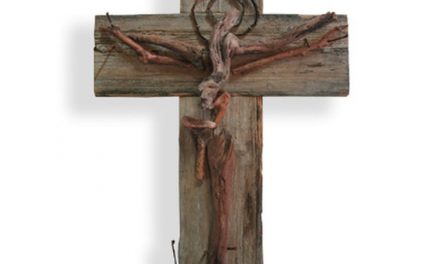I’ve been reading Jack Kerouac’s On The Road (1957)—this is the second time I’ve made space in my life to listen along as Sal recounts the stories of his journeys with Dean Moriarty. On The Road was the first book I ever read by Kerouac. It was, I believe, the first book that ever made me think about writing—not my own writing, but writing as a thing that someone does, a thing that someone can choose to do.
It was also, I believe, the first book that ever made me think about “curiosity”—not my own curiosity, but “curiosity” as a thing that someone does, a thing that someone can choose to do. Years later I would learn the difference between the virtue the scholastics called “studiousness” (STh, Iae, II-II, q. 166), and it’s opposite, the vice that they called “curiosity” (STh, Iae, II-II, q. 167). However, before I learned the name of that virtue and the name of that vice, I learned a moral lesson related to vicious curiosity, tucked into the pages of On The Road. The lesson was this: Don’t be like Dean Moriarty.
I should say here, that I didn’t understand or even recognize the theological and moral significance of Karouac until I read The Face of God at the End of the Road: Mexican Catholic Devotionalism and the Sacramentality of Jack Kerouac (2013), by my friend Louis Albarran.
***
The green paperback Kerouac came into my hand over twenty years ago, placed gingerly into a box of garage sale books. In retrospect, I wish that box had been bigger. I don’t remember why my middle-aged neighbor was selling the whole of his personal library—I do remember the sadness, upon seeing, something like a living-room’s worth of books on the ground in his front yard. The books were lovingly arranged into neat rows on a patch-work of blankets, titles facing upward, oriented to be browsed—organized to be looked over, by genre, topic, and era. And this because the owner wanted these books to be found, not merely disappeared.
It was my first summer back home, after my freshman year of college. He came over when he saw me nosing though his intellectual history and the stories of his life. The neighbor, whose name I never learned, hand-picked almost all of the books that filled my little box—Borges, Beckett, Joyce, Kafka, Camus…and Kerouac—I still have a few of them, though I’ve since lost the green paperback by Kerouac. He only took a dollar and said something dramatic like “you need to read these before it’s too late.” I was nineteen, so what he said seemed profound and magical. Thinking back, he was probably referring to the end of my summer break.
The first time I read On the Road, the pace of the prose and the tripping, tipping, taste of the words on my tongue was intoxicating. The feel of the telling of the story made the hungry wandering of Sal and Dean in the first part of the book seem like a life worth living. But then, I now remember, how I started to despise Dean Moriarty. He was like a poison that spoiled the patient encounters and quiet self-reflection of good old Sal, and I wished Dean would just go away.
I was reminded of all this the other day, when I read this passage from Part II, chapter 4 of On The Road (124):
Just about that time a strange thing began to haunt me. It was this: I had forgotten something. There was a decision I was about to make before Dean showed up, but now it was driven clear out of my mind…It had to do with the Shrouded Traveler…
…Something, someone, some spirit was pursuing all of us across the desert of life and was bound to catch us before we reached heaven. Naturally, now that I look back on it, this is only death. Death will overtake us before heaven. The one thing we yearn for in our living days, that makes us sigh, and groan, and undergo sweet nauseas of all kinds is the remembrance of some lost bliss that was probably experienced in the womb, and that can only be reproduced (though we hate to admit it) in death. But who wants to die?
…I told it to Dean and he instantly recognized it as the simple longing for pure death; and because we’re all of us never in life again, he, rightly, would have nothing to do with it, and I agreed with him then.
When I read that passage for the second time in my life, I remembered how much I disliked Dean. Looking at the passage again, twenty years later, I see things that I couldn’t recognize at the age of nineteen. As I see it, what Sal calls “death” is our God-given mortality, but he describes it without understanding that it is the mortality and fragility of a creature made for intimate and eternal happiness—a being made for happiness in relation to its Creator and in relation to its kind: love of God and love of neighbor. Our mortality, fragility, and vulnerability is an enemy only when it is separated from its perfection in and through the goodness of God. Sal hungers for the eternal bliss of an eternally dependent and vulnerable creature.
Dean Moriarty is a fool, wracked by the vice of curiosity. There is nothing “simple” about Sal’s insight into his own death, fragility, and vulnerability. Of course, that is Dean’s way because he has been broken, mortally wounded–like all of us. Wrecked by curiosity, like Dean, we frenetically and frantically collect half-true maxims, the semblances of love, and twisted beauties. Like all of us, Dean is addicted to the thrill of discovering novel moralisms and half-remembered proverbs, but he is too intemperate to live into the first part of any wisdom he discovers, goodness he encounters, or beauty that he inadvertently stumbles upon. That’s why Dean never really finishes anything or lands anywhere—he never finds what he is looking for, or follows through on the deeper transformation intimated in his momentary flashes of insight. Dean spends his entire life searching for his father and a loyal, loving family, not realizing that the only way to find the one thing he wants is to let go of the false-freedom of trying to have it all without the giving of himself.



